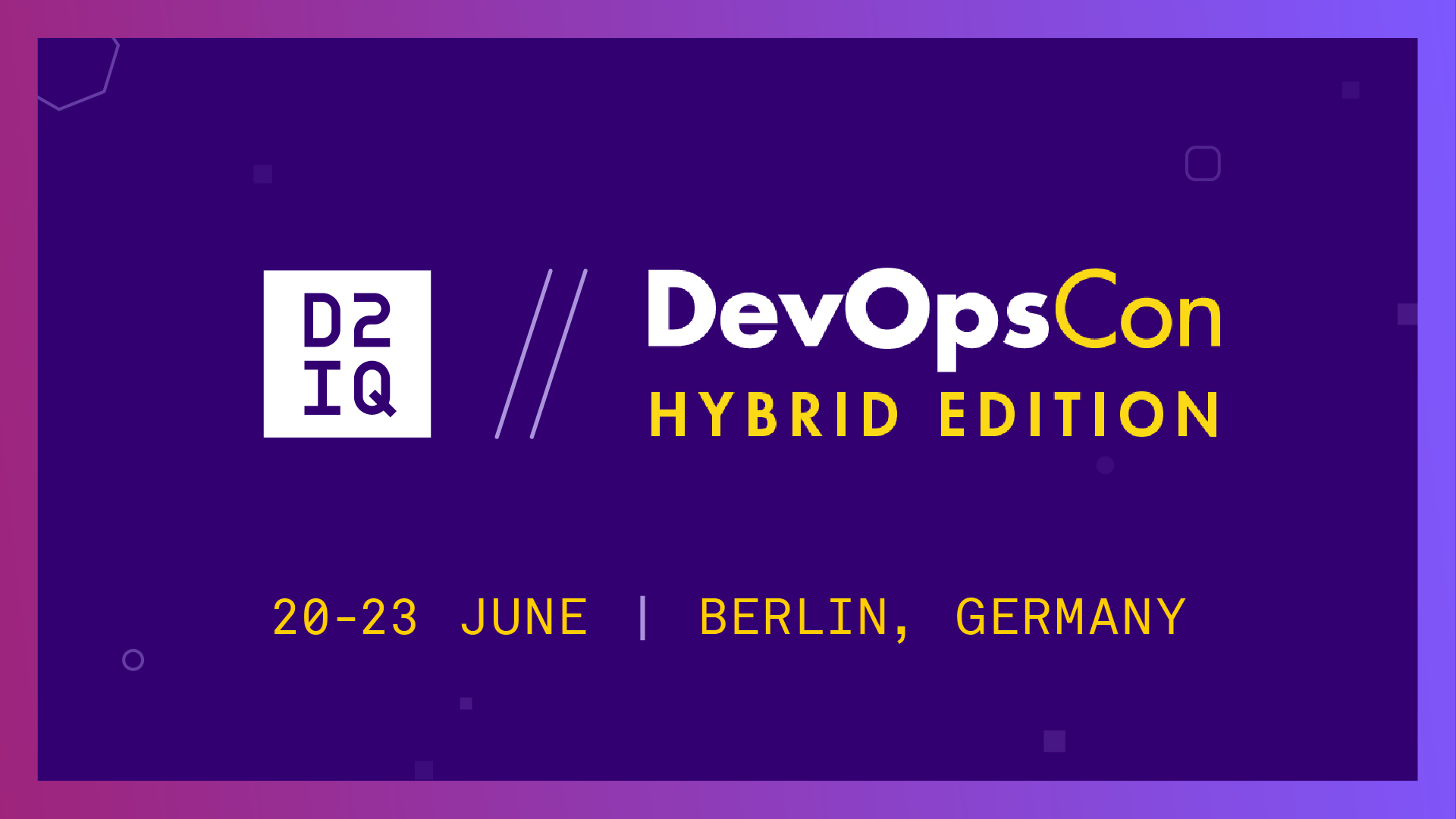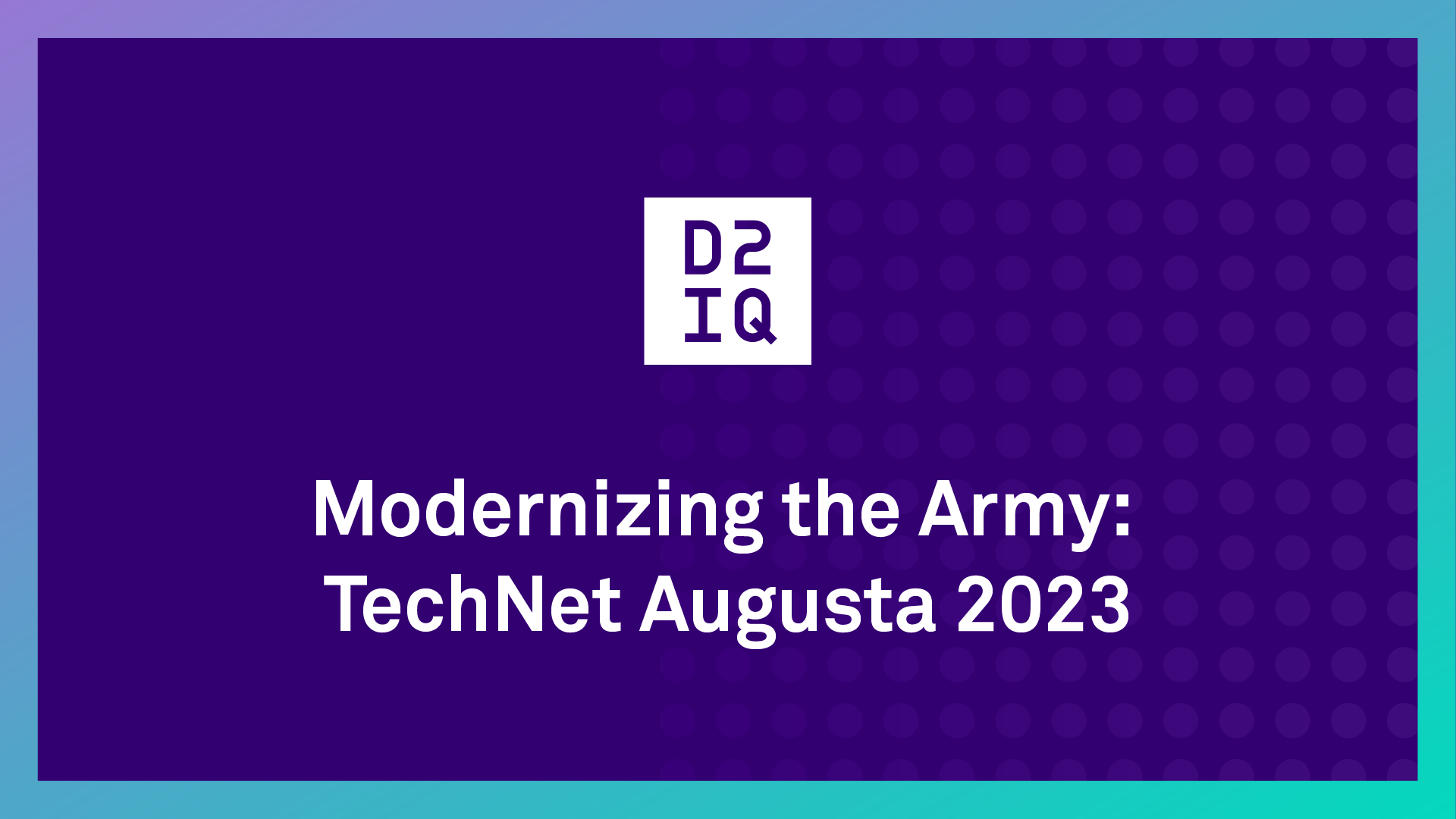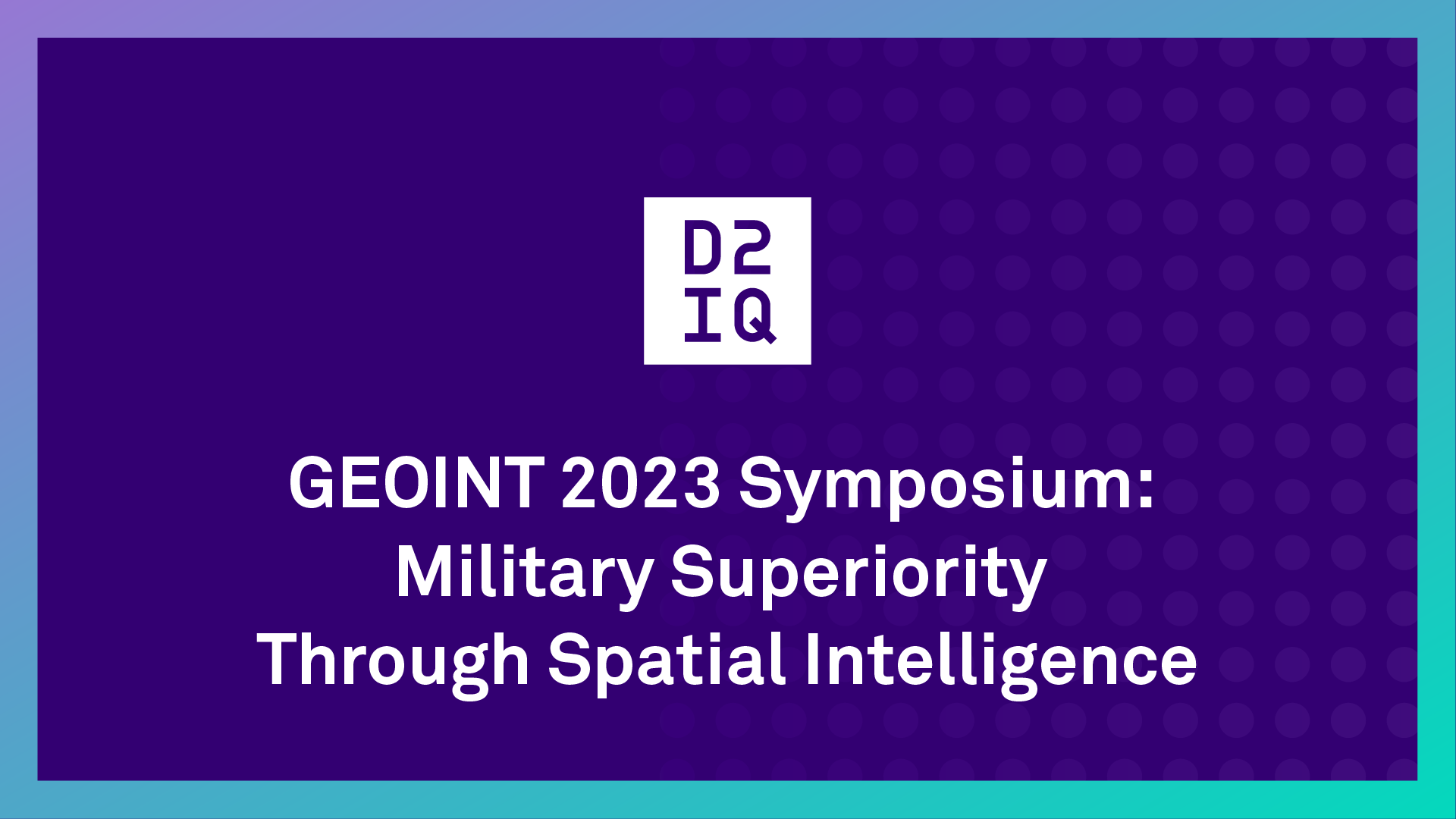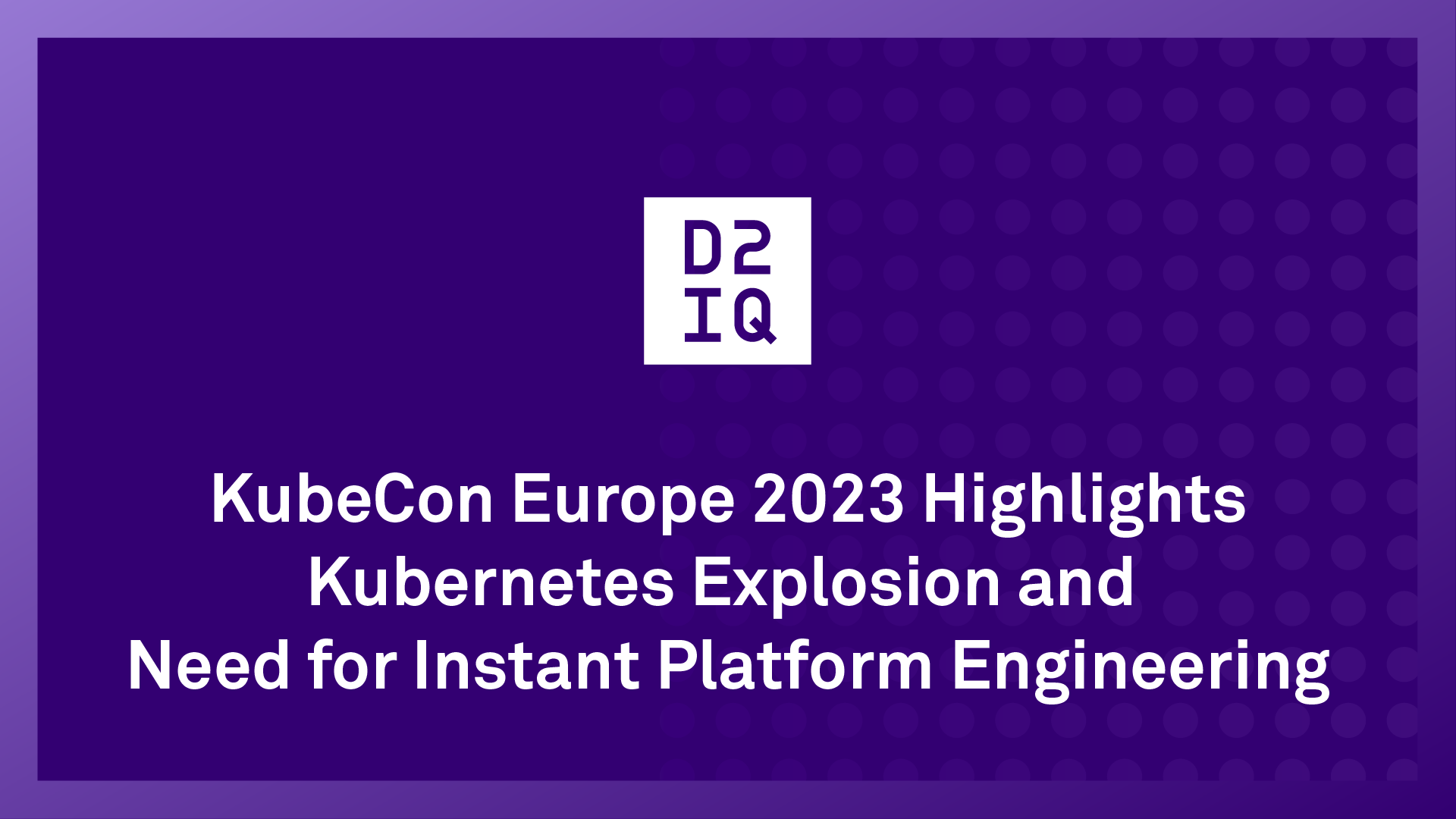We are excited to be participating in DevOpsCon Berlin 2002 as a sponsor and presenter. For organizations seeking to modernize their IT infrastructures by deploying cloud-native Kubernetes platforms, an agile DevOps capability has become a critical requirement.
To put it simply, DevOps agility is the key to business agility.
To this end, there is a wealth of Kubernetes DevOps knowledge and best practices being shared at
DevOpsCon Berlin 2022, much of which is aimed at easing the management of cloud-native Kubernetes while empowering DevOps teams to become the engine of innovation, business agility, and compelling new customer experiences.
Simplification Through Automation
Within Kubernetes environments, the major trend is the transformation of DevOps into GitOps through Flux, one of the most powerful new automation technologies to emerge from the Cloud Native Computing Foundation (CNCF) incubation program.
Weaveworks, the company in which Flux was created and then turned over to the open-source community, says “Flux is the operator that makes GitOps happen in your cluster. It ensures that the cluster config matches the one in git and automates your deployments.”
As Flux creator
Michael Bridgen explained, “Flux was the project that gave rise to ‘GitOps,’ which helps teams manage the complexity of operating Kubernetes, and has potential to expand well beyond.”
Single Source of Truth
As Chris Aniszczyk, CTO of the Cloud Native Computing Foundation,
explained, “GitOps started with the simple idea of using Git as the source of truth for declarative infrastructure to evolve to an ecosystem of tools that improves the developer experience of application delivery with Kubernetes.”
Besides Flux, GitOps Kubernetes management is powered by Cluster API (CAPI) and Helm. CAPI enables DevOPs teams to manage the lifecycle (create, scale, upgrade, destroy) of Kubernetes clusters using a declarative API. Helm is a package manager for Kubernetes that enables developers and operators to more easily package, configure, and deploy applications and services onto Kubernetes clusters.
A Must-See GitOps Session
As Kim-Norman Sahm notes, “A declarative approach with standardized workflows centered around GitOps can increase productivity, reliability, visibility, and reduce potential variables, which means smaller attack surfaces.”
The valuable GitOps information you will learn includes:
- The benefits of Gitops and how the Kubernetes architecture makes GitOps a natural fit
- Best practices about how to implement a basic GitOps Kubernetes deployment operator at scale
- How to jumpstart your continuous integration and continuous delivery (CI/CD) effort
Filling the DevOps Skills Gap
Even with the advantages of GitOps automation at their disposal, a lack of Kubernetes skills among DevOps teams is preventing many organizations from successfully deploying Kubernetes.
As
The New Stack reports, “Demand for cloud computing will not decrease in the foreseeable future, and growth in the talent pool is not keeping pace with growth in adoption, exacerbating an already significant shortage.”
D2iQ addresses the skills gap through a combination of platform automation and dedicated support people. The success of D2iQ’s “platform + people” formula can be seen in the latest D2iQ customer case studies in which
Lavego AG,
Cerved, and
TrustedChoice.com attribute the success of their Kubernetes deployments to the ease with which DevOPs management was made possible through the D2iQ platform and people.
D2iQ has partnered with GitLab to automate and simplify the deployment of containerized workloads, which can enable organizations to accelerate software delivery cycles. As D2iQ CEO Tobi Knaup noted, "Combining the leading Kubernetes and DevOps platforms enables organizations to achieve a new level of business performance.”
DevOps Powers the Smart Cloud-Native Revolution
We are witnessing a disruption in which DevOps are being transformed into GitOps, which in turn are powering the cloud-native environments that are becoming the new data center. A parallel revolution is occurring in which cloud-native Kubernetes and AI are merging to give rise to smart cloud-native platforms and apps.
According to Forrester Research survey findings, cloud modernization ranked as the leading priority in 2021, along with adopting modern application development techniques. You can hear Forrester Principal Analyst Lee Sustar and D2iQ CEO Tobi Knaup explain how these trends are driving the smart cloud-native movement in this recent webinar entitled “
Three Trends Driving Cloud-Native Adoption.”
If you are attending DevOpsCon Berlin 2022, be sure to stop by the D2iQ booth to learn more about GitOps workflow, the D2iQ Kubernetes platform, and how D2iQ can help make your DevOps team, Kubernetes deployment, and smart-cloud native initiatives a success. Don’t miss this opportunity to speak with some of the best minds in the Kubernetes space. And don’t miss Kim-Norman Sahm’s session,
Best Practices for Implementing GitOps at Scale: The Move Towards Cloud Native.
Meet Us Here
20-23 June
As always, don’t forget to pass this on. Tell a friend, tell your colleagues, and mark your calendars and meet us at
DevOpsCon Berlin!
If you like what you saw here, be sure to share this post with your co-workers and friends because we want to hear from you! Follow us on Twitter @
D2iQ, find us on
LinkedIn, or subscribe to the
D2iQ YouTube Channel.
When posting on social media be sure to tag the DevOpsCon channel: @devops_con and use the hashtag #DevOpsCon.










